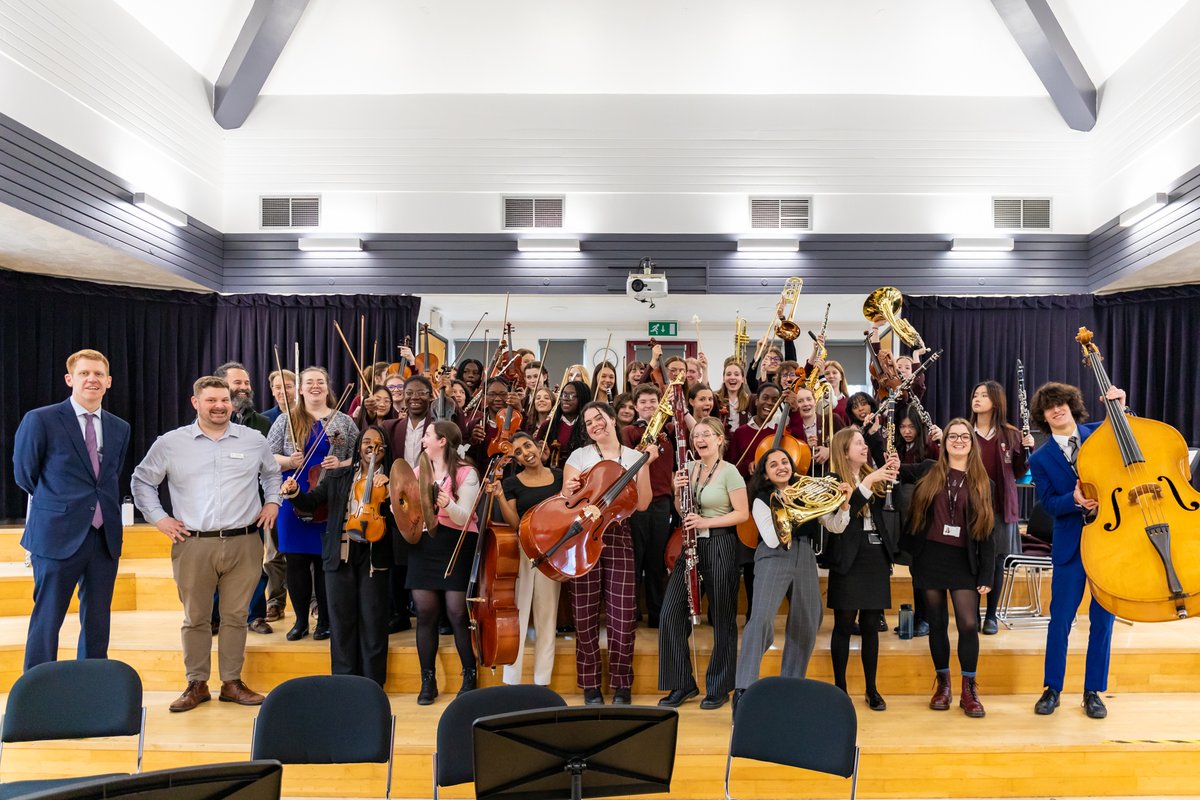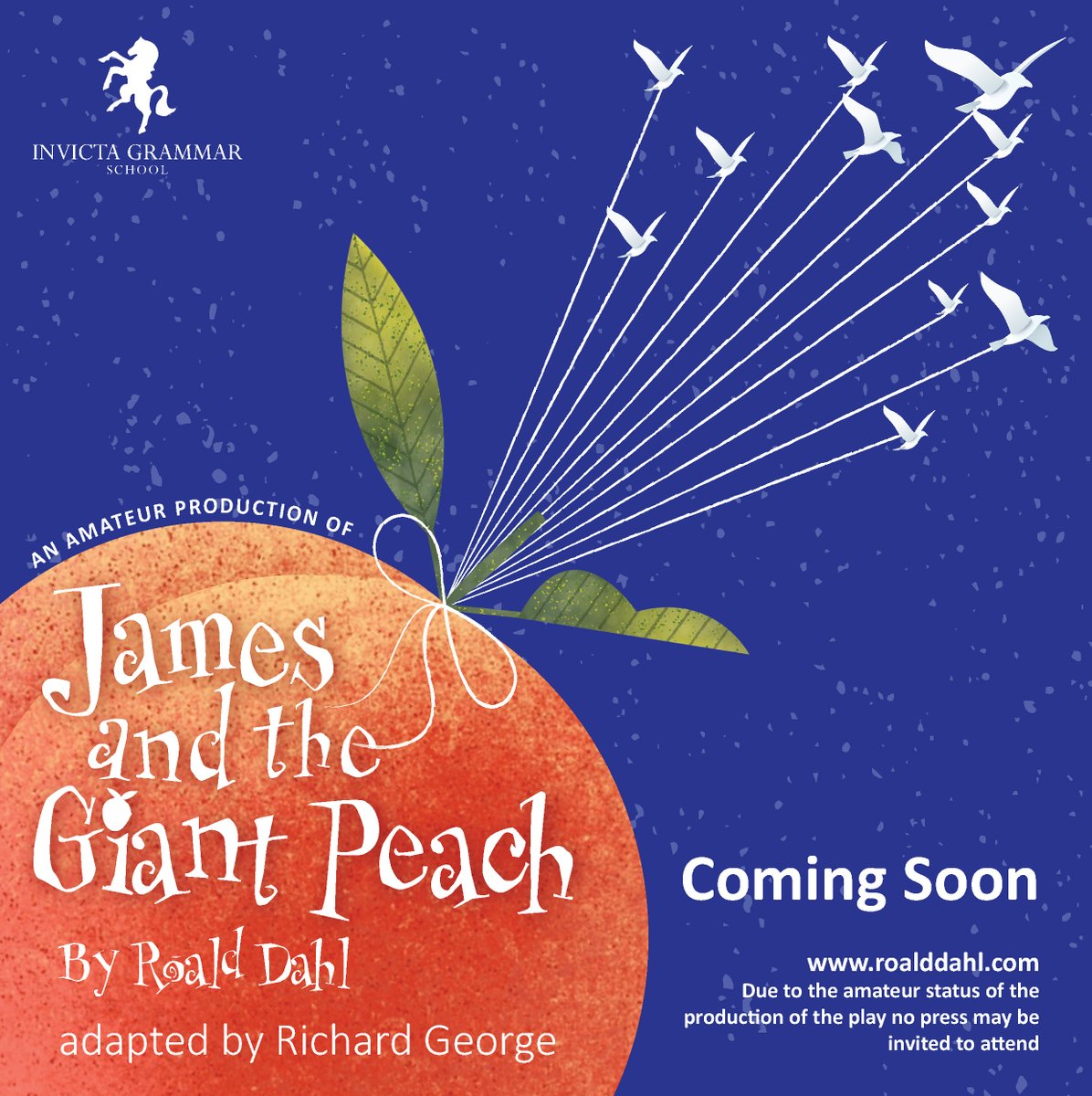Science - Key Stage 3
Welcome to Key Stage 3 Science! Our goal is to help students gain an appreciation of the skills required to be successful with their science education in school and beyond. We focus on scientific literacy, critical thinking, numeracy, public speaking and practical skills. Starting with the introduction unit in Year 7, these skills are embedded into every unit throughout the course. Students put their skills to the test when they compete in the Science Fair at the end of Year 8.
While following the National Curriculum students gain an understanding leading to mastery of the 5 key concepts in Science: Cells and Organisation, Energy, Forces, Particles and Interdependence. This understanding will instil a love of learning and inspire the students to become life-long learners.
Topics Covered
 Year 7
Year 7
- Introduction -safety, data presentation and analysis and Bunsen burner skills
- Matter – The particle the theory and separating techniques
- Cells and Organisation – Cells, Microscopy, diffusion and the digestive system
- Energy – Energy stores and energy transfers, heat transfer
- Chemical Reactions and the Periodic table – an exploration of the different groups in the periodic table and different types of chemical reactions such as oxidation and displacement reactions
- Forces Part 1 – An introduction to the different types of forces and their effects
- Acids and Alkalis – an introduction to the properties of acids and alkalis and their reactions.
- Anatomy – muscles and skeletal system, the immune system, the eye and ear, light, sound, effect of drugs and alcohol.
- Ecosystems – plants and photosynthesis, food chains and interdependence. This unit gives students the opportunity to visit the horticulture garden on-site to enrich their learning.

Year 8
- Electricity – electrical circuits, electrostatics and magnetism
- Inheritance, Variation and Evolution- reproductive systems, DNA and inheritance leading into evolution and natural selection
- Forces Part 2 – speed, acceleration, graphs
- Space – NEO, the universe and the life cycle of a star
- Biological Processes – The respiratory system, circulatory system and respiration
- Chemical Energy – combustion, exothermic and endothermic reactions
- Living in Kent – This unit is about exploring our local environment. The students learn about flower reproduction, rock cycle, earth's atmosphere and climate change, using resources and paying for electricity
- Organic chemistry – introduction to organic chemistry functional groups
Timetable
Over a fortnightly timetable students receive:
- Year 7: 7 hours of guided classroom learning
- Year 8: 6 hours of guided classroom learning.
- 2 x 20 minutes of guided independent homework
Enrichment and Extra Curricular
To Read
- Horrible Science Book Series
- Our Planet: The official children’s companion to the Netflix Documentary Series by Matt Whyman
- Guardians of the Planet: How to be an Eco-Hero. By Clive Gifford
- Kay’s Anatomy: A Complete Disgusting Guide to the Human Body: A complete ( and Completely Disgusting) Guide to the Human Body. By Adam Kay
- Outdoor Maker Lab – Exciting Experiments for Budding Scientists. By Robert Winston
- Home Lab: Exciting Experiments for Budding Scientists. By Robert Winston
- Science Lab – Fantastic Projects for Young Scientists. By Robert Winston
- Earth Heroes: Twenty Inspiring Stories of People Saving our World. By Lily Cyu
- Newsround Science and Nature: http://www.bbc.co.uk/newsround/15743115
- BBC Science Twitter: https://twitter.com/bbcscienceclub?lang=en
To Research
In preparation for your science fair project you should start to research an issue that interests you! There are no limitations to what you can do for your project. If you want help choosing a project speak to your science teacher!
To Listen
Podcasts:
- Brains on!
- Science Talk Radio
- Tumble Science Podcast for Kids
- The Show about Science
- BBC Science Podcasts
To Watch
- Science Fair (Disney plus)
- Our Planet – David Attenborough (Netflix)
- Weird but True! (Disney plus)
- Climate Change the facts – David Attenborough (BBC iPlayer)
- Before the Flood – National Geographic (Disney Plus)
To Visit
- Eureka Science Club! Tuesdays at 330 in Ag3.
- Natural History Museum – London
- Science Museum – London
- Port Lympne Zoo
- Howletts Wild Animal Park
- Royal Observatory Greenwich
Careers
We have a wealth of information on our Careers page - Please click here to visit.



































